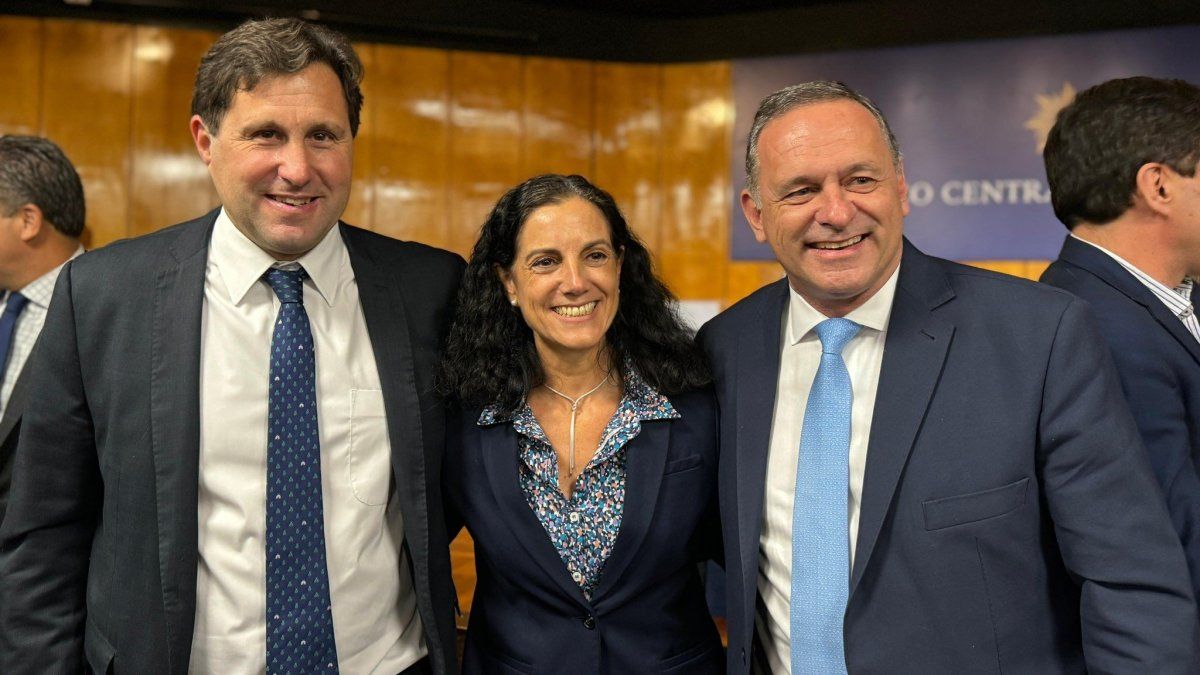The Rural Federation and Un Solo Uruguay questioned the cost of the anti-inflationary monetary policy and its effects on the agro-export sector.
The former president of the Central Bank of Uruguay (BCU) Diego Labat He left his post last week to dedicate himself to the electoral campaign as virtual Minister of Economy of the nationalist candidate Alvaro Delgado; and while he received many compliments and recognition, he was also the target of criticism from some sectors: the Rural Federation and One Uruguay They pointed strongly to the exchange rate lag.
The content you want to access is exclusive for subscribers.
The economic policy directed by Labat from the top of the BCU had its successes and failures, depending on who you ask. In this sense, for the vice president of the Rural Federation Rafael Normey and the representative of One Uruguay Norberto Pereyra, There were errors in terms of the balance between monetary policy aimed at controlling the inflation and the effect this had on the exchange rate, which in turn impacted the competitiveness of the export sectors, including the agricultural.


In fact, according to Pereyra it was “very disastrous”, as he expressed in an interview with la diaria. For the producer, the economy could be improved but, in exchange, the cost was transferred to the interests of the agro-exportation. From a very critical position regarding Labat’s management, the leader of Un Solo Uruguay assured that the current economic policies are a continuation of those implemented by the administrations of the Broad Front, and demanded that social investments be accompanied by “obligations.”
He also said that if Labat “is a minister, he will also be responsible” for the financial issue.
The debt of the exchange rate delay
For his part, the vice president of the Rural Federation, Normey, took a less critical tone and acknowledged, for example, the achievements in terms of the reduction of inflation, which of course benefits the entire Uruguayan economy. However, he also pointed to the “negative aspects” that monetary policy generated.
He pointed this out, particularly, in relation to the fact that the exchange difference and the exchange rate lag —an issue that the rural union has constantly demanded, asking for a more expensive and, therefore, more competitive dollar— affects even the “cost of living”He also explained that the other exporting sectors transfer the costs of the exchange rate difference backwards, but the producers are already at the finish line and cannot do so.
Source: Ambito




